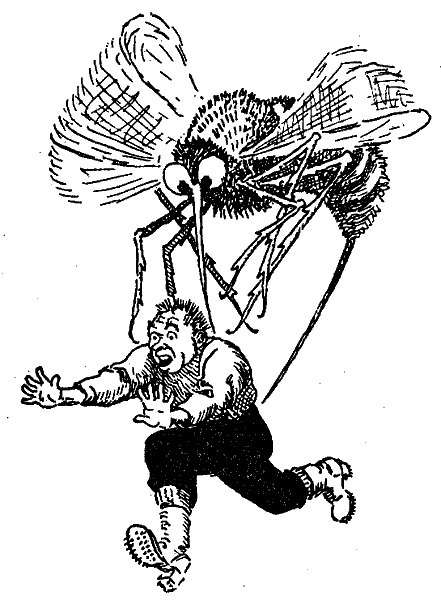Every night, they lie in wait for you. They creep up on you while you are sleeping and before you know it, have started feasting… on your blood. You only find out when it is too late and it begins to get itchy. That’s right, it is the pest we all can’t stand – the dreaded mosquito, of the insect family Culicidae.
Technically, mosquitoes do not feed on blood to live; rather, the female mosquitoes require blood in order to develop their eggs and reproduce. Mosquitoes who feed on humans are called vectors because they carry a number of infectious diseases, such as dengue fever, carried by the infamous Aedes mosquito (Aedes aegypti). [1]
Why do some people seem to get bitten more often than others? Scientists have identified some main attractants of mosquitoes, which include carbon dioxide, lactic acid and warmth.[2] When mosquitoes are far away, there seems to be certain visual stimuli such as movement and dark-coloured clothing. Upon nearing their host or ‘target’ for their blood meal, mosquitoes seem to be attracted by olfactory (the emitting of CO2) and thermal (warm temperatures) cues. Carbon dioxide released from human breath and skin can attract mosquitoes from up to 36 meters away! Carbon dioxide stimulates the chemoreceptors on the antennae of mosquitoes, and the range of these receptors increase up to 3 times when humidity is high (army boys need LOTS of repellent when they are training in the jungle!) Larger persons seem to attract more bites, perhaps due to the greater amounts of carbon dioxide given off their body.[3]
Based on this analysis, in a group situation the person most likely to be bitten by a mosquito would be wearing dark-coloured clothing, have a higher body temperature and probably physically bigger built. It doesn’t mean a skinny person wearing light-coloured clothing will not get bitten, though, because mosquitoes’ preferences for different humans varies from species to species. And there are over 3,500 species of mosquitoes in the world!
With recent inventions, our worst enemy could become our best friend. Scientists in Japan have begun genetically modifying mosquitoes so that when they bite you, they transmit a vaccine against certain diseases. http://sg.news.yahoo.com/afp/20100324/tap-health-japan-malaria-biology-d1078a1.html Simply ingenious!
—-
References:
[1] “Mosquitoes of Public Health Significance in Singapore,” by Dr. Christina Liew. National Environment Agency. URL: http://www.nea.gov.sg/cms/sei/EHI1slides.pdf (retrieved on 5 Apr 2010).
[2] “Mosquitoes and Mosquito Repellents: A Clinician’s Guide,” by Mark S. Fradin. American College of Physicians, 2004. URL: http://www.annals.org/content/128/11/931.long (retrieved on 5 Apr 2010).
[3] “Sweat and blood: Why mosquitoes pick and choose between humans,” by Hannah Devlin. Times Online, 2010 URLhttp://www.timesonline.co.uk/tol/news/science/medicine/article7014046.ece(retrieved 5 Apr 2010).

